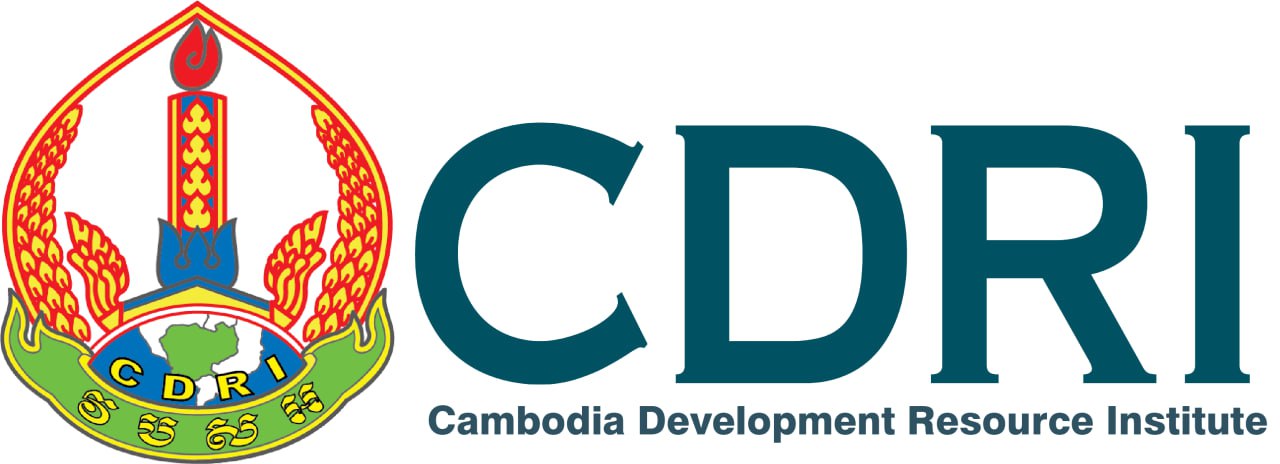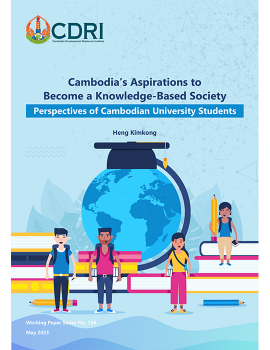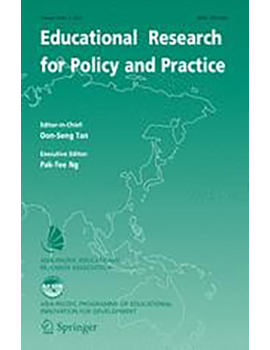
Upper Secondary School Tracking and Major Choices in Higher Education: To Switch or Not to Switch
This study aims to investigate the characteristics of students who switch versus those who do not switch when they transition from upper secondary to higher education. The data from 1338 students randomly selected from 21 HEIs in Cambodia in 2020 found that upper secondary school students are more likely than not to switch academic majors when they...
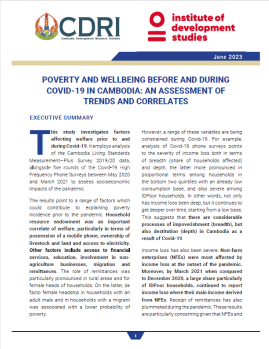
ភាពក្រីក្រ និងសុខុមាលភាពមុន និងអំឡុងពេល Covid-19 នៅកម្ពុជា៖ ការវាយតម្លៃអំពីនិន្នាការ និងទំនាក់ទំនង
This study investigates factors affecting welfare prior to and during Covid-19. It employs analysis of the Cambodia Living Standards Measurement—Plus Survey 2019/20 data, Frequency Phone Surveys between May 2020 and March 2021 to assess socioeconomic impacts of the pandemic.The results point to a range of factors which could contribute to explainin...
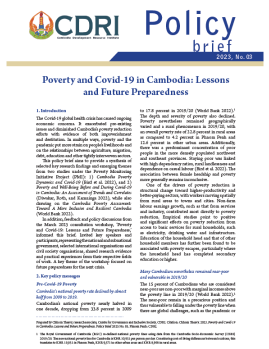
ភាពក្រីក្រ និងវិបត្តិកូវីដ-១៩ ៖ បទពិសោធន៍ និងការត្រៀមមខ្លួននាពេលអនាគត
The Covid-19 global health crisis has caused ongoing economic concerns. It exacerbated pre-existing issues and diminished Cambodia’s poverty reduction efforts with evidence of both impoverishment and destitution. In multiple ways, poverty and the pandemic put more strain on people’s livelihoods and on the relationships between agriculture, migratio...
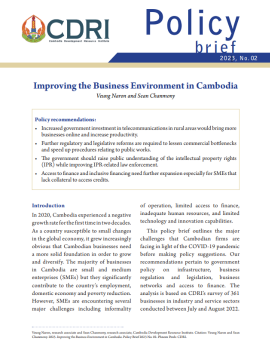
Improving the Business Environment in Cambodia
In 2020, Cambodia experienced a negative growth rate for the first time in two decades. As a country susceptible to small changes in the global economy, it grew increasingly obvious that Cambodian businesses need a more solid foundation to grow and diversify. Most businesses in Cambodia are small and medium enterprises (SMEs) but they significantly...
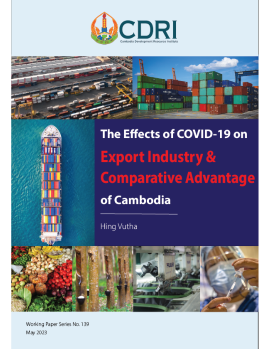
The Effects of COVID-19 on the Export Industry and Comparative Advantage of Cambodia
The repercussions of COVID-19 resulted in global disruptions to supply and demand as well as shocks to the global production networks. This paper employs a trade analysis approach to assess the impacts of coronavirus on Cambodia’s export performance. Utilising Revealed Comparative Advantage (RCA) index, changes were analysed using data pre-and post...
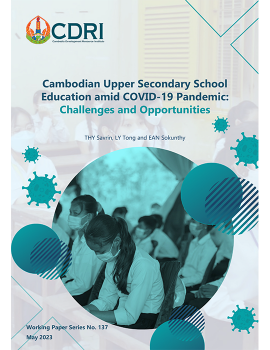
Cambodian Upper Secondary School Education amid COVID-19 Pandemic: Challenges and Opportunities
The outbreak of Coronavirus Disease 2019 (COVID-19) was announced as a pandemic by the World Health Organization (WHO) on 11 March 2020. Its presence has created significant disturbances across society and particularly within education. On 16 March 2020, as a preventative measure against the spread of COVID-19, the Royal Government of Cambodia (RGC...
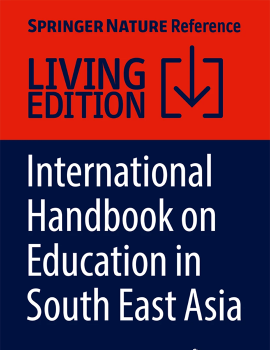
Vocational Education and Training in Cambodia
The Royal Government of Cambodia acknowledges the vital role of technical and vocational education and training (TVET) in developing a high-quality workforce to better respond to labor market demand and contribute to the national development agenda. In the past decade, with support from and collaboration with development partners, the Government ha...
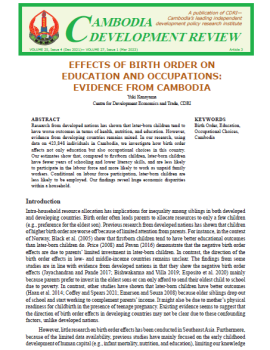
The Effects of Birth Order on Education and Occupations: Evidence from Cambodia
Research from developed nations has shown that later-born children tend to have worse outcomes in terms of health, nutrition, and education. However, evidence from developing countries remains mixed. In our research, using data on 423,848 individuals in Cambodia, we investigate how birth order affects not only education but also occupationa...
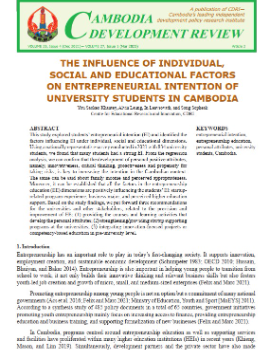
The Influence of Individual, Social and Educational Factors on Entrepreneurial Intention of University Students in Cambodia
This study explored students’ entrepreneurial intention (EI) and identified the factors influencing EI under individual, social and educational dimensions. Using a nationally representative survey conducted in 2021 with 834 university students, we found that many students had a strong EI. From the regression analysis, we can confirm that the develo...
